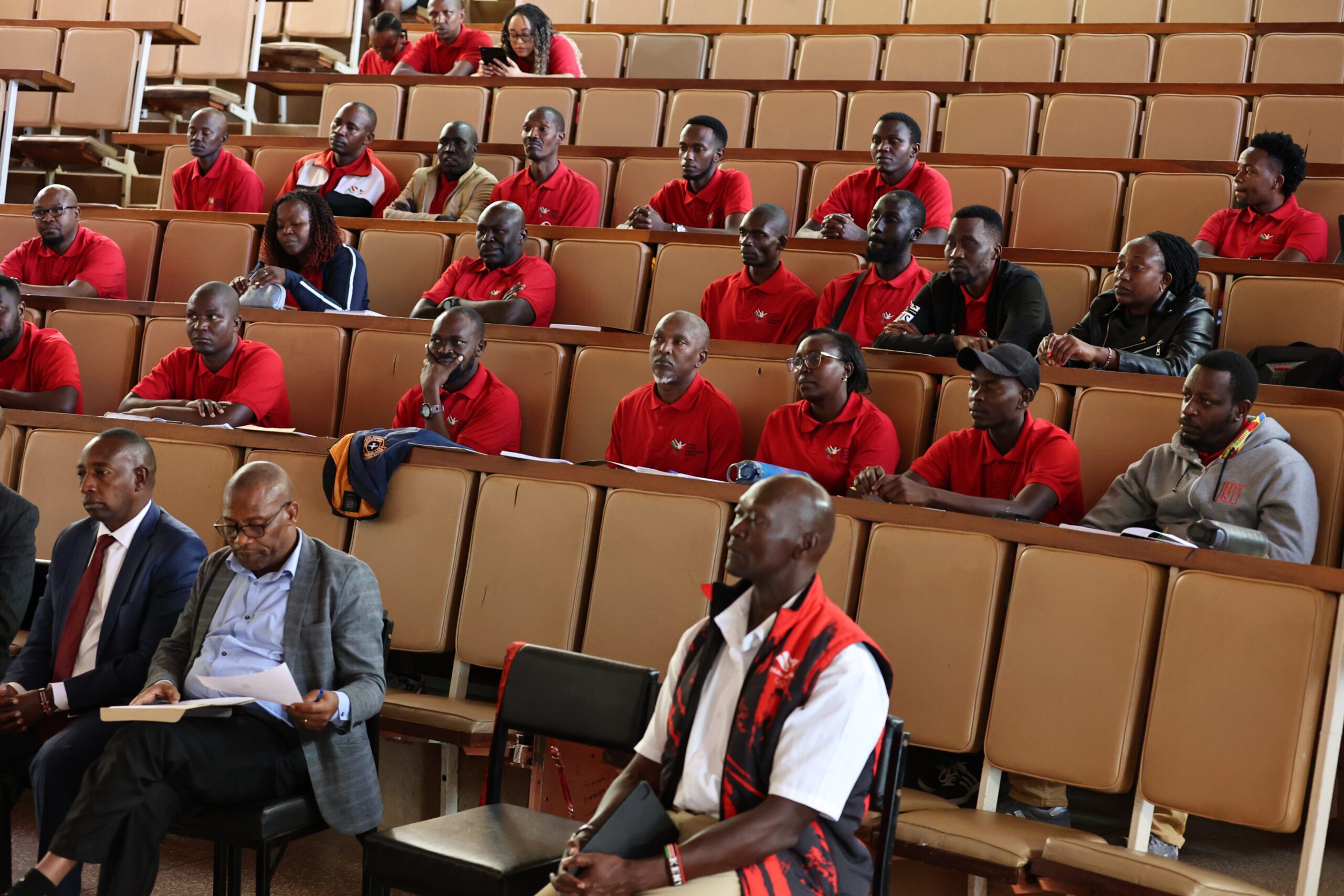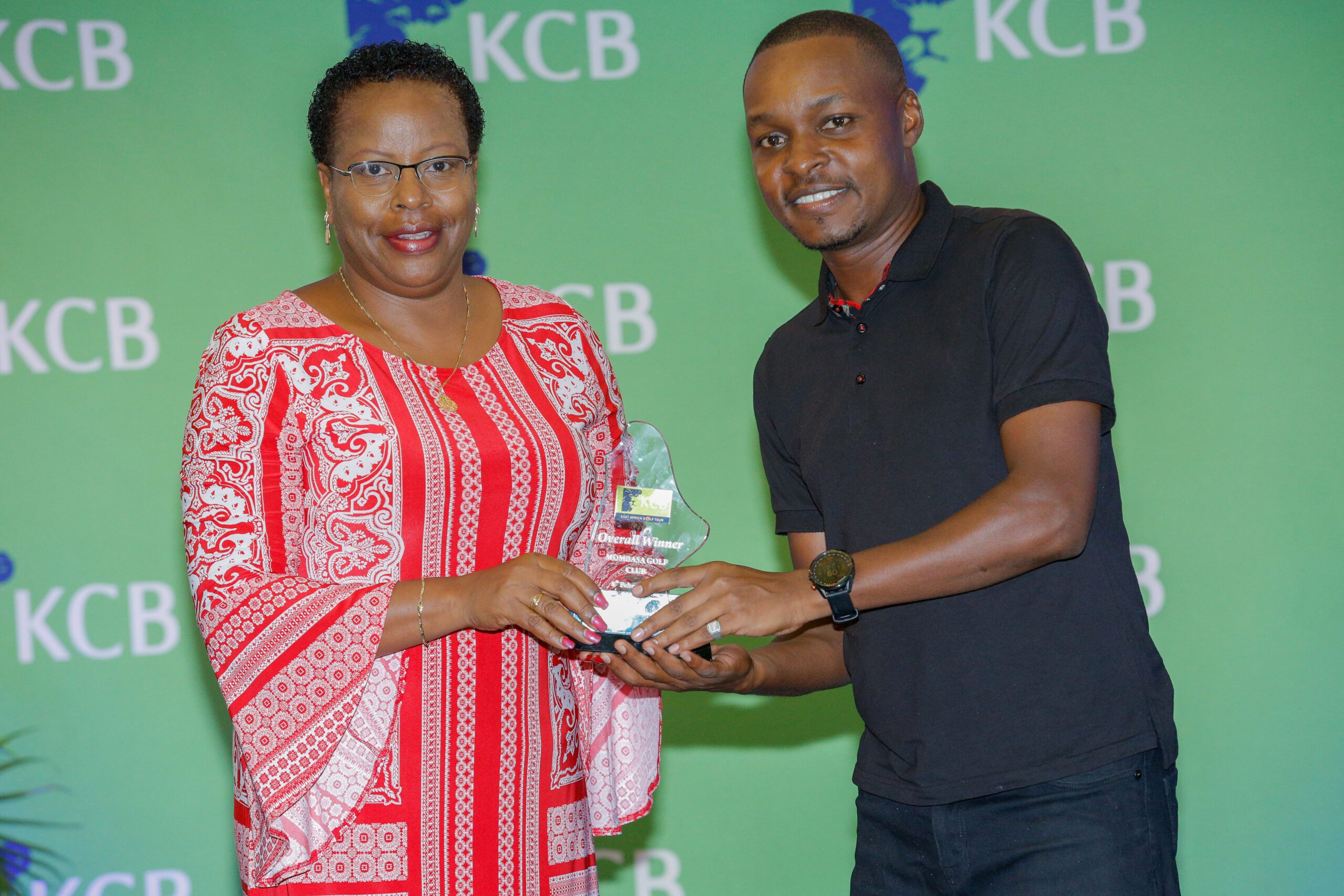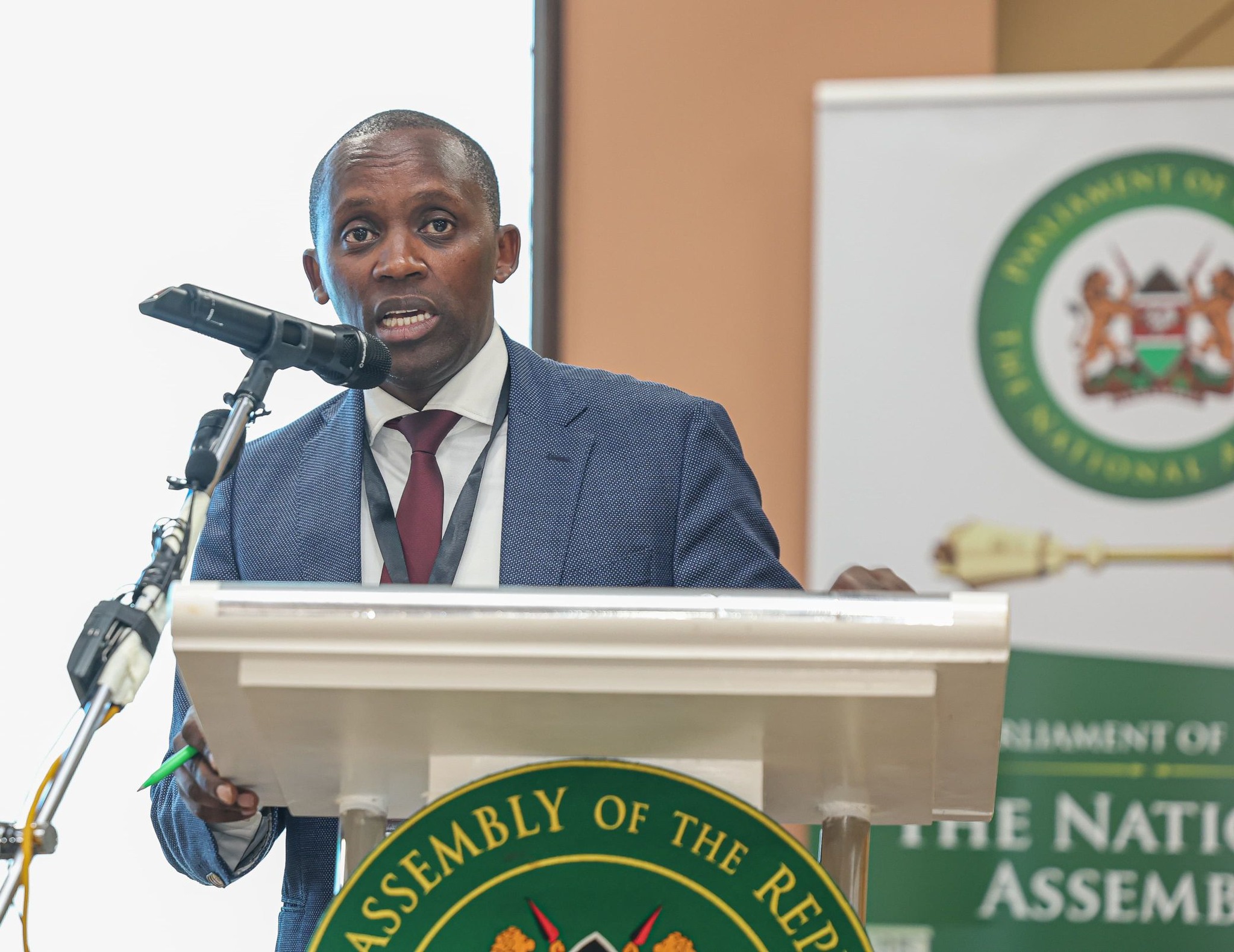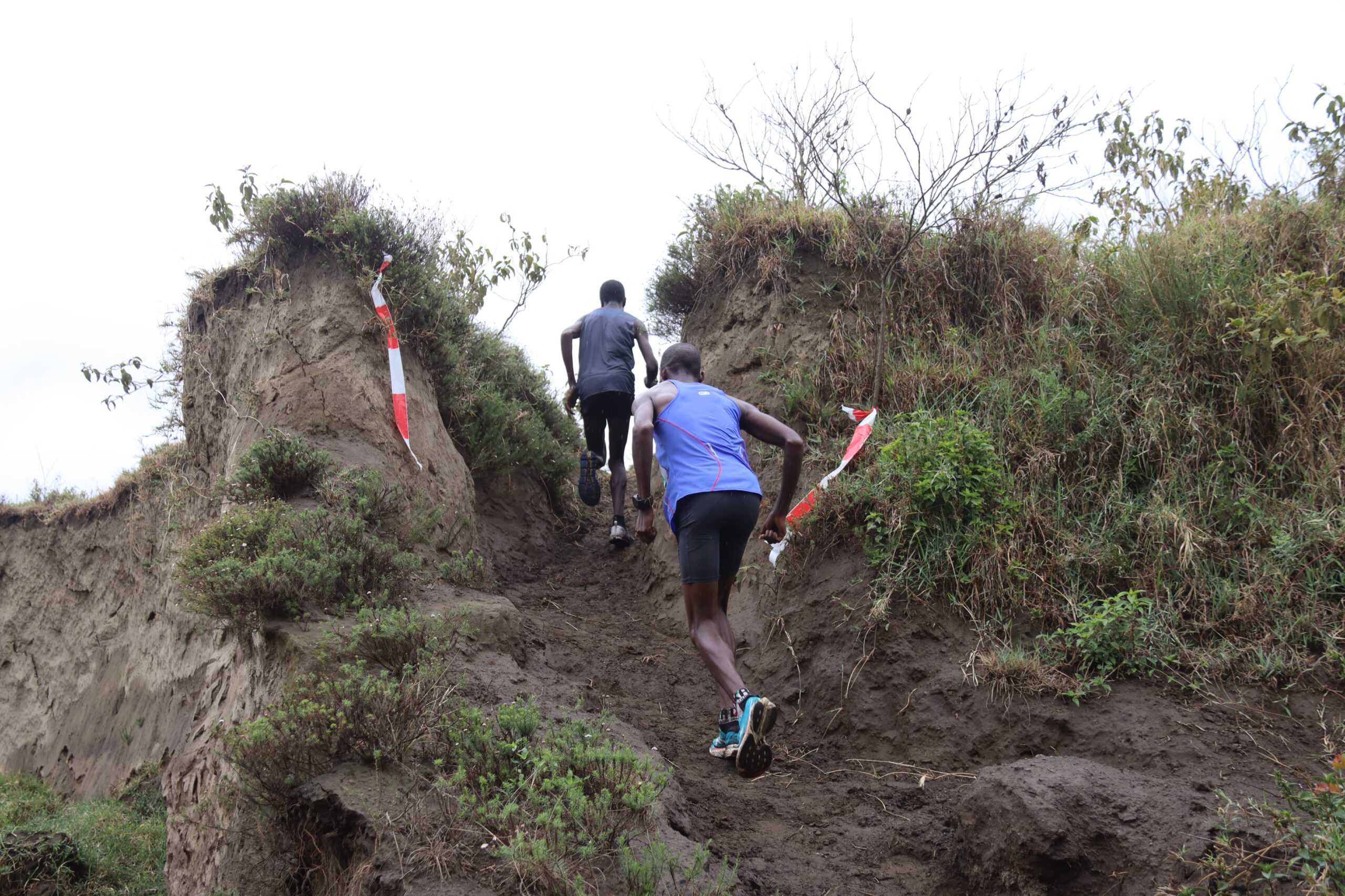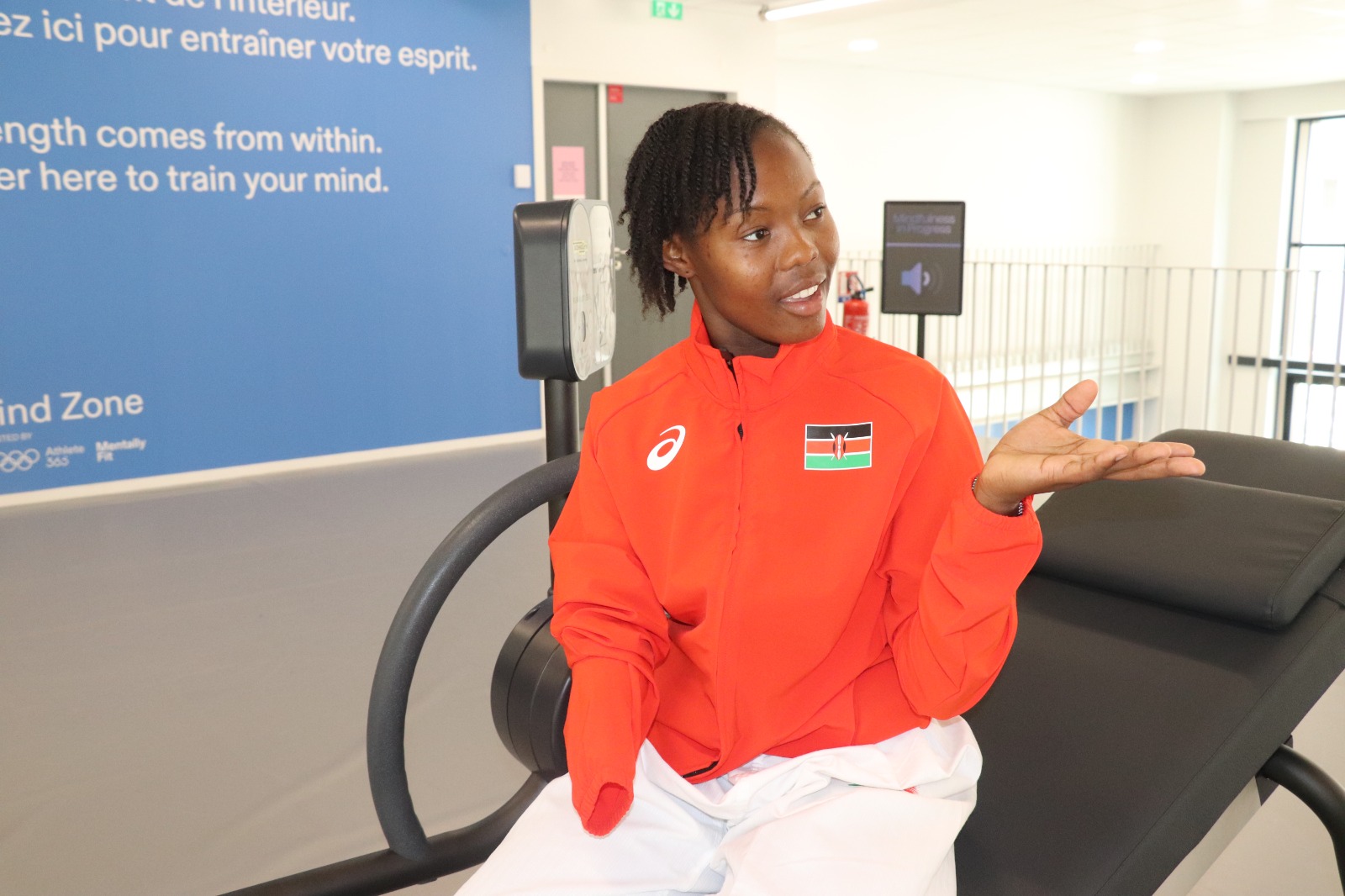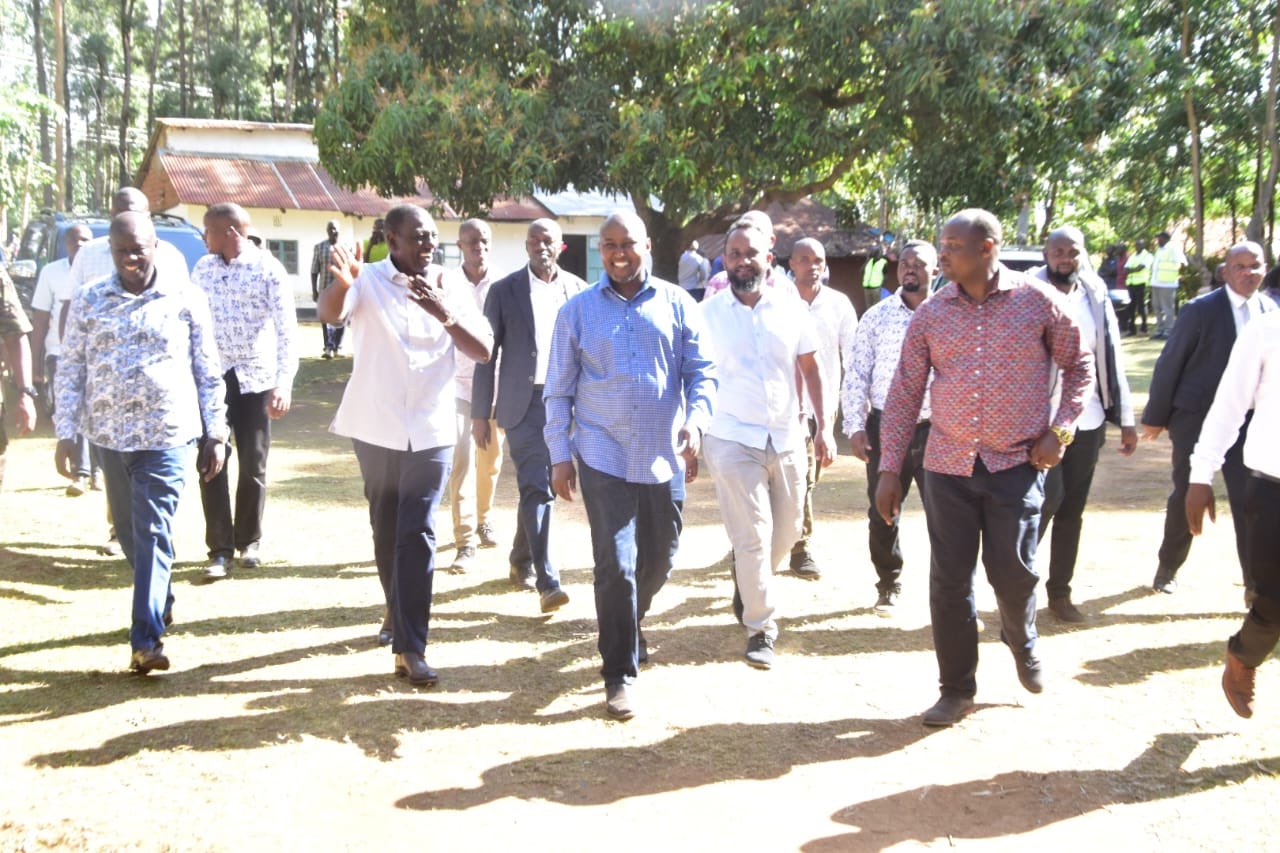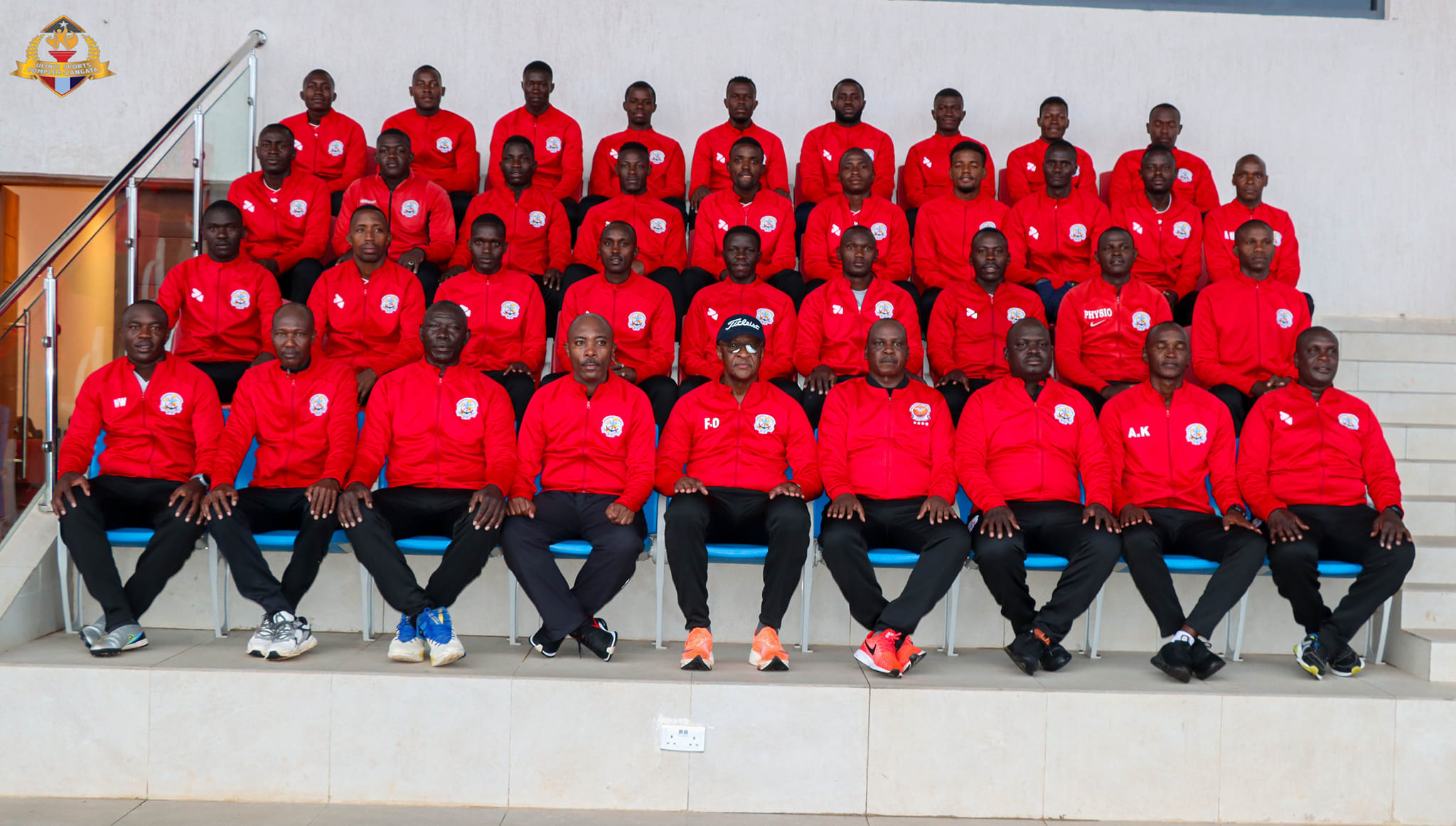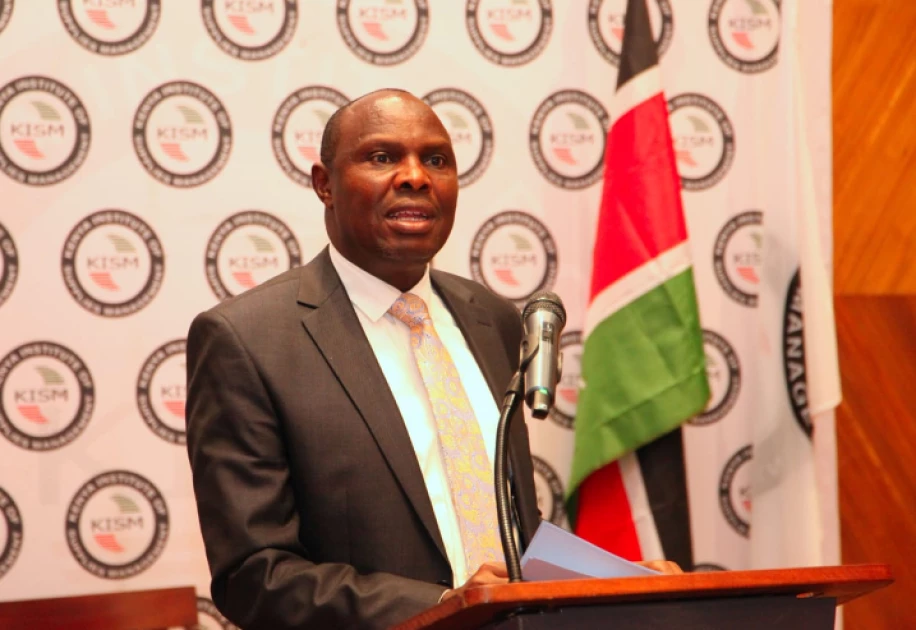Kenya’s education system is undergoing a significant transformation under the Competency-Based Curriculum (CBC). Among the most debated changes is the decision to make Mathematics an optional subject for Grade 9 learners transitioning to Senior School. While some learners welcome this shift, education stakeholders and professionals have raised concerns about its long-term impact on career prospects and the nation’s economic growth.


The New Curriculum and Its Pathways
Under the CBC, learners will choose from three career pathways in Senior School:
- Arts and Sports Science
- Science, Technology, Engineering, and Mathematics (STEM)
- Social Science
Each pathway allows learners to specialize in subjects aligned with their interests and potential careers. However, Mathematics, once a core requirement under the 8-4-4 system, is no longer compulsory. Instead, mandatory subjects now include English or Kenya Sign Language, Kiswahili, Physical Education, and Community Service Learning.
This move has sparked heated debates. While the Basic Education Principal Secretary, Belio Kipsang, argues that making Mathematics optional allows for more learner-centered choices, critics warn it could undermine foundational skills necessary for many professions.
Mathematics in Career Development
Mathematics remains a cornerstone for various fields. The following careers require strong mathematical skills and are likely to be impacted by the new policy:
1. Mathematics and Actuarial Science
- A Bachelor of Science in Mathematics is the natural choice for math enthusiasts.
- Actuarial Science relies on mathematical models to assess risks, particularly in insurance and finance.
2. Statistics and Data Analysis
- Statistics involves the collection, interpretation, and presentation of data, making it a key skill in research, market analysis, and public health.
3. Engineering
- Careers in civil, mechanical, and electrical engineering require a deep understanding of mathematical principles for design, optimization, and problem-solving.
4. Business and Economics
- Business courses like accounting, finance, and economics heavily incorporate mathematical concepts. Economics, in particular, depends on statistical analysis and mathematical modeling.
5. Technology and Computer Science
- Fields such as computer science, information technology, and artificial intelligence are built on mathematical foundations.
6. Architecture
- Designing structures requires mathematical calculations and spatial reasoning.
7. Sports Science
- As a growing field, sports science uses data analysis and mathematical models to enhance athlete performance and well-being.
Industry Concerns
The Institution of Engineers of Kenya (IEK) has voiced strong opposition to the new policy. In a statement, the IEK warned that making Mathematics optional could hinder students’ ability to develop critical analytical and problem-solving skills, ultimately affecting Kenya’s workforce and economic competitiveness.
“Mathematics is the language of engineering and technology, underpinning design, optimization, and data analysis across various fields,” the IEK emphasized.
Balancing Flexibility and Future Readiness
Proponents of the CBC argue that giving learners the freedom to avoid subjects they struggle with promotes inclusivity and reduces academic pressure. However, critics believe this flexibility should not come at the expense of foundational skills like Mathematics, which remain integral to STEM fields and beyond.
As Kenya continues to implement the CBC, policymakers face the challenge of balancing learner-centered education with preparing students for competitive careers in a rapidly evolving global economy.





















































